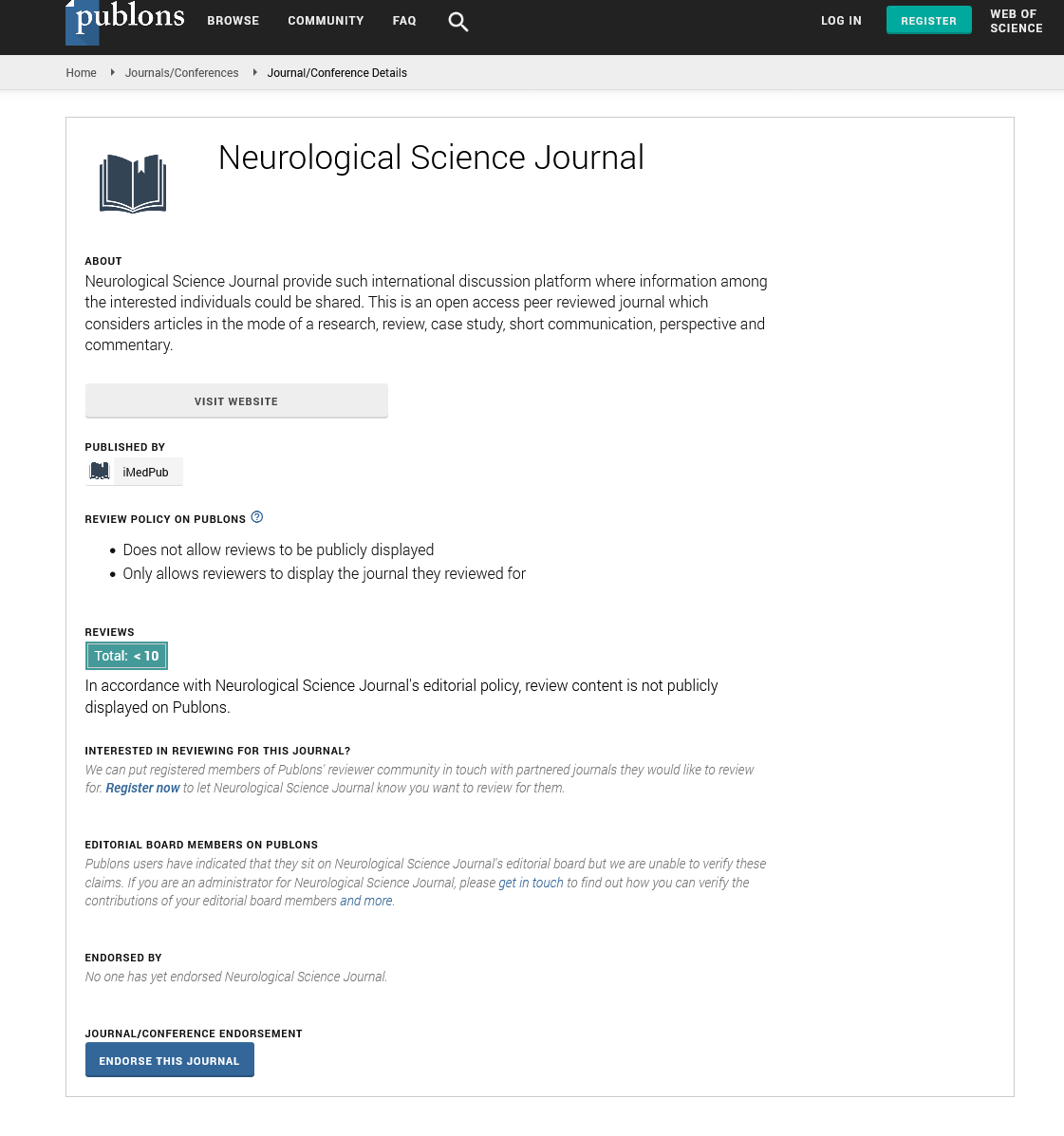Abstract
The Risk Factors Affecting Controlled Whether or not Epilepsy in Epileptic Patients aged less than 18 years.
Background: Epilepsy is a common neurological disorder in children with a frequency of 3- 6/1000 children. Early identification of the risk of developing uncontrolled epilepsy can achieve a better outcome. Objectives: To determine risk factors that influence an epileptic whether it is controlled or not. Methods: This is a case control study from February to September 2010 over 47 pediatric neurology's outpatients. Results The majority group is uncontrolled epilepsy(57.4%), generalized seizure(91.5%), first onset of seizure >1 year age(51.1%), normal motor development(59.6%), no/better changes in EEG's epileptiform wave(85.1% ), no/better changes in EEG's background(83%). Based on bivariate analysis, there is a significant relationship between EEG's background changes with whether epilepsy becomes controlled or not. Conclusions: The factors that influence whether epilepsy becomes controlled or not respectively are changes in EEG's background, changes in EEG's epileptiform wave, first onset of seizure and motor development.
Author(s): Istiana Sar
Abstract | Full-Text | PDF
Share This Article
Google Scholar citation report
Citations : 11
Neurological Science Journal received 11 citations as per Google Scholar report
Neurological Science Journal peer review process verified at publons
Abstracted/Indexed in
- Google Scholar
- Publons
Open Access Journals
- Aquaculture & Veterinary Science
- Chemistry & Chemical Sciences
- Clinical Sciences
- Engineering
- General Science
- Genetics & Molecular Biology
- Health Care & Nursing
- Immunology & Microbiology
- Materials Science
- Mathematics & Physics
- Medical Sciences
- Neurology & Psychiatry
- Oncology & Cancer Science
- Pharmaceutical Sciences
